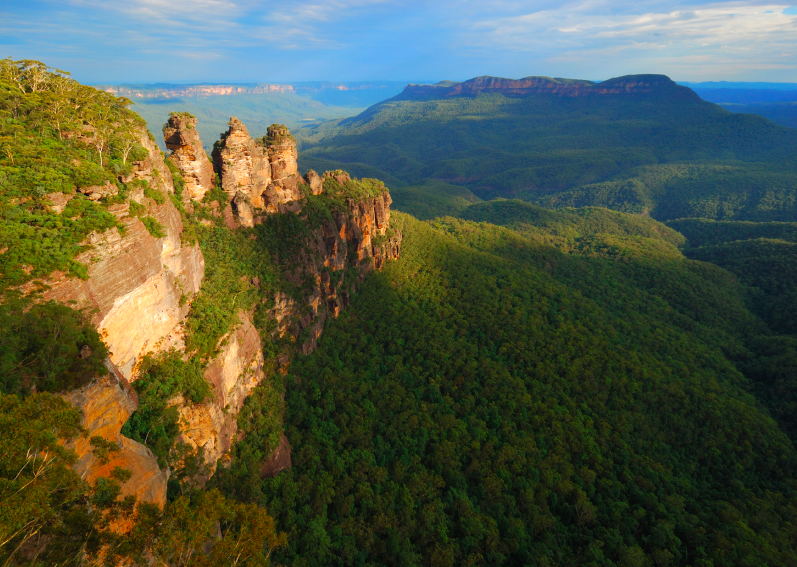During the Blue Mountains bushfires in Australia, December 2019.
We read in the media that the air is toxic, and the pollution levels are dangerous to our health. We read about the microscopic dust and PM2.5 particles. But what are these particles?
They are the koalas caught in the burning tree canopies, too slow to escape. The few remaining native animal species that have been able to survive in our transformed environment. The smell of the smoke is the living laboratory of Blue Mountains ecosystems formed across millennia.












